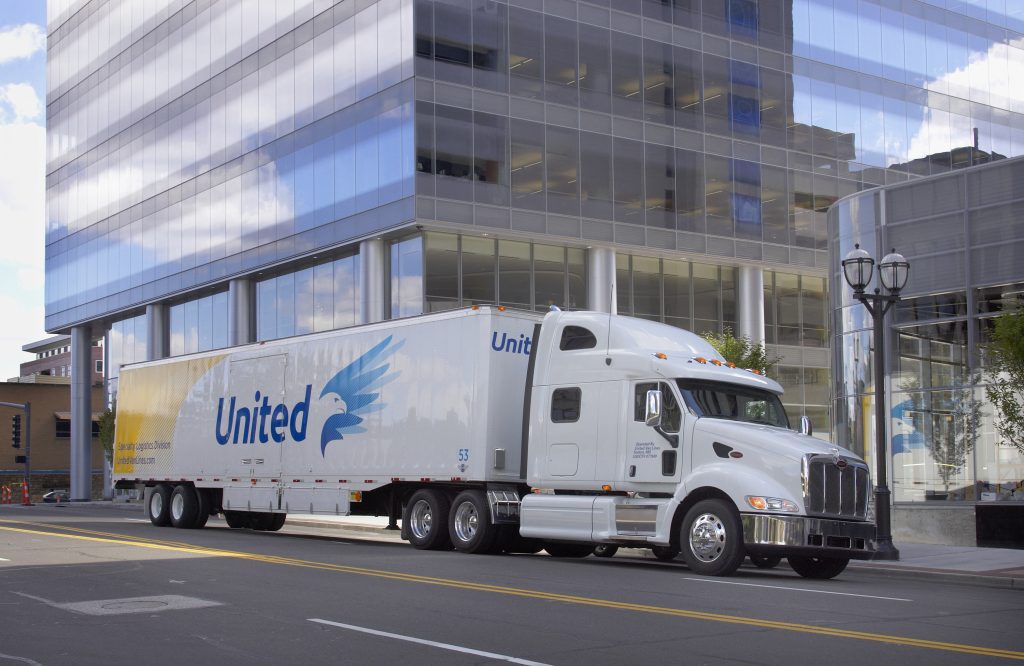On average, US shoppers spend about $121 per week on groceries. While much of this food is eaten from week to week, most households build up a substantial amount of food in their kitchen over time. You may not even realize just how much food you have on hand until you face a household move. From the lettuce in the fridge to the lemon pepper in your cabinet, here’s a look at managing packing food for your relocation.
Dry Grocery Items
Most dry grocery items are perfectly safe to pack up in a box and move, but there can be exceptions to the rule. Most people have quite a few dry grocery items in their cabinets, such as:
- Dry pasta
- Flour and sugar
- Canned goods
- Breakfast cereal
- Boxed grocery items
The general rule is to pack similar items together in a box. For example, pack all of your boxed grocery items that have no risk of leakage into a sturdy carton that you can seal with packing tape. Use up anything that you have already opened or enclose it in a sealable container.
Refrigerated/Freezer Items
Refrigerated and freezer items can be the trickiest to move. Cold-stored items must be held at 40 degrees or below to prevent spoilage, and you don’t want raw food mingling with fresh foods. Plus, most professional movers will not load anything that can spoil onto the moving truck. Therefore, use up your refrigerated and frozen items before you move.
If you must keep anything from your cold-storage food collection, invest in a good cooler that you can carry in your vehicle. Make sure it is outfitted with a thermometer to keep food safety in check if you plan to be on the road for more than a few minutes.
Spice Cabinet
Spices are technically considered dry grocery goods because they are shelf-stable and don’t require refrigeration. However, spices can also be a little challenging to pack. You likely have quite a few containers that have been opened, so you don’t want any spillage or cross-contamination between spices. Drop anything opened in a small plastic zipper bag before packing it in a box. Use filler material to prevent any glass spice containers from bumping against one another during transit.
Snacks
Snacks will be good to have on hand while packing and moving, so you may not need to pack them. Try to use up the snacks you have in the house, especially those already opened. If you have beverages on-hand, such as canned sodas, juice boxes, or even two-liter drinks or jugs of juice, it is also good to use these up before the move.
Donate Your Food
You can donate any remaining nonperishable foods to local food pantries or organizations like Move for Hunger. However, sometimes it’s wise to lighten your load and help others out in the process.
Get the Help You Need from Residential Movers
Are you facing your major residential relocation project? Maybe a little professional help can make the task seem less daunting. Reach out to us to discuss your move and get a free moving quote.



